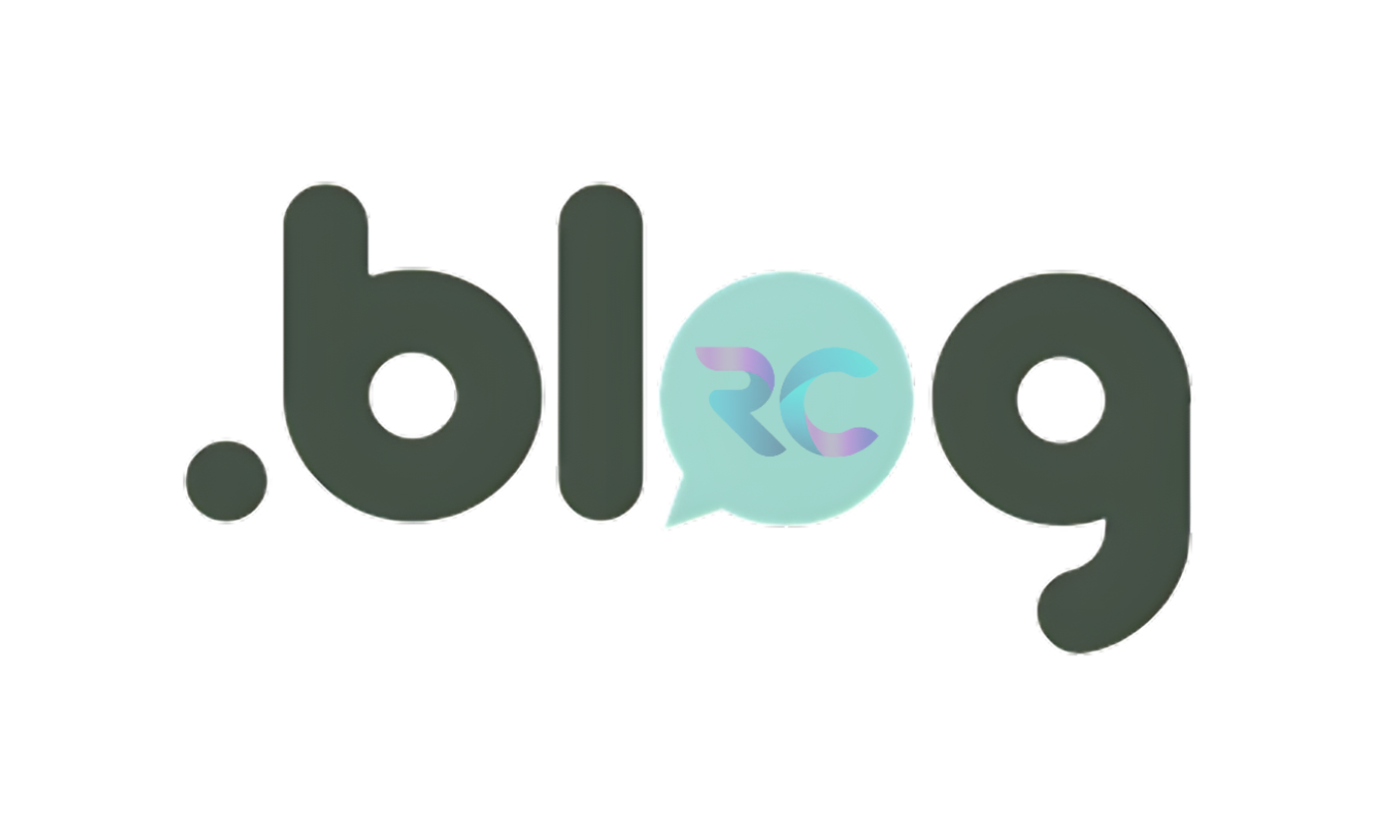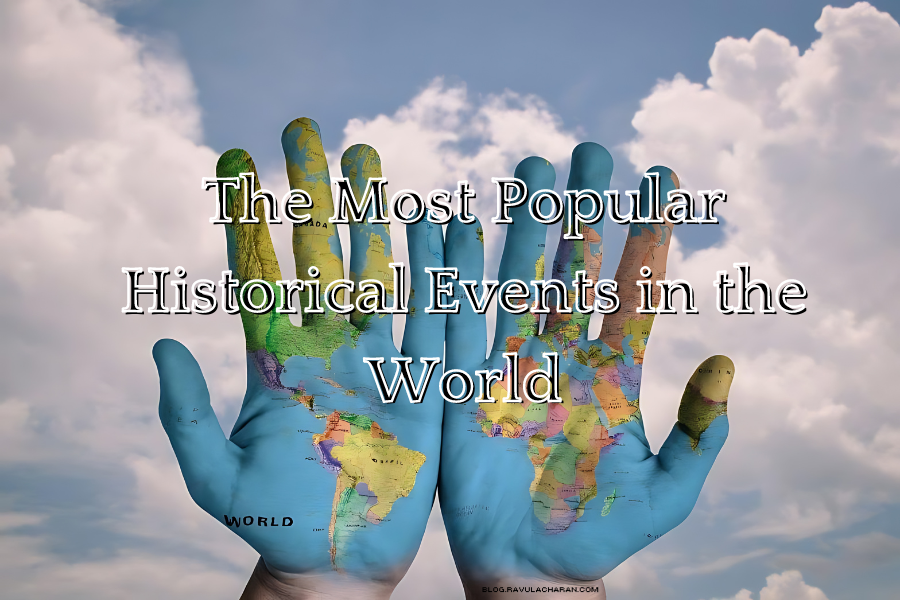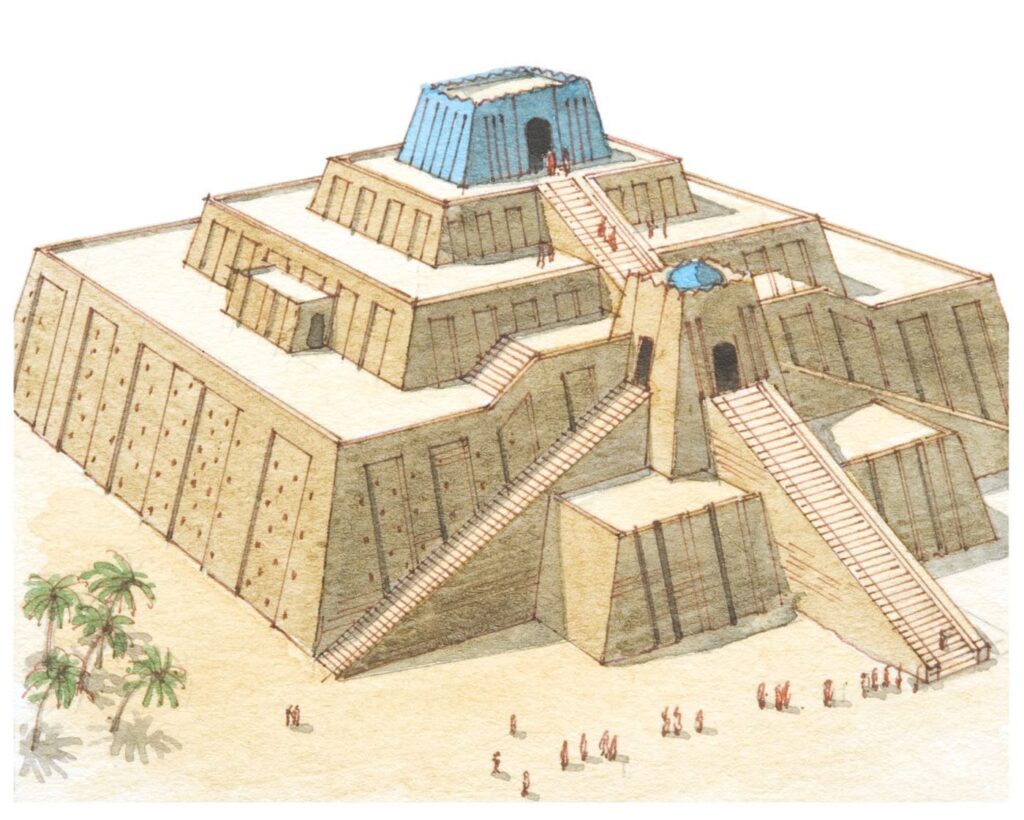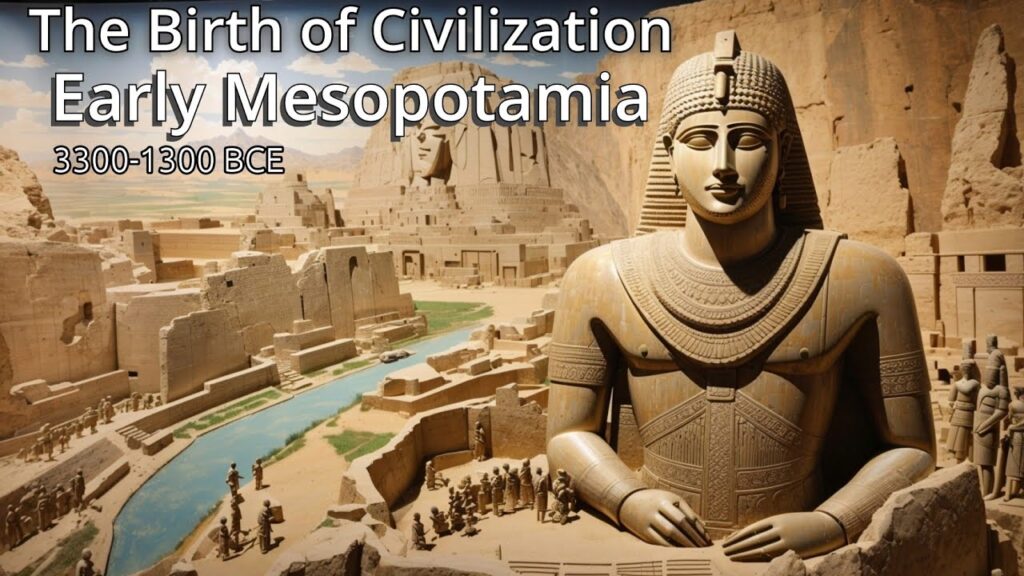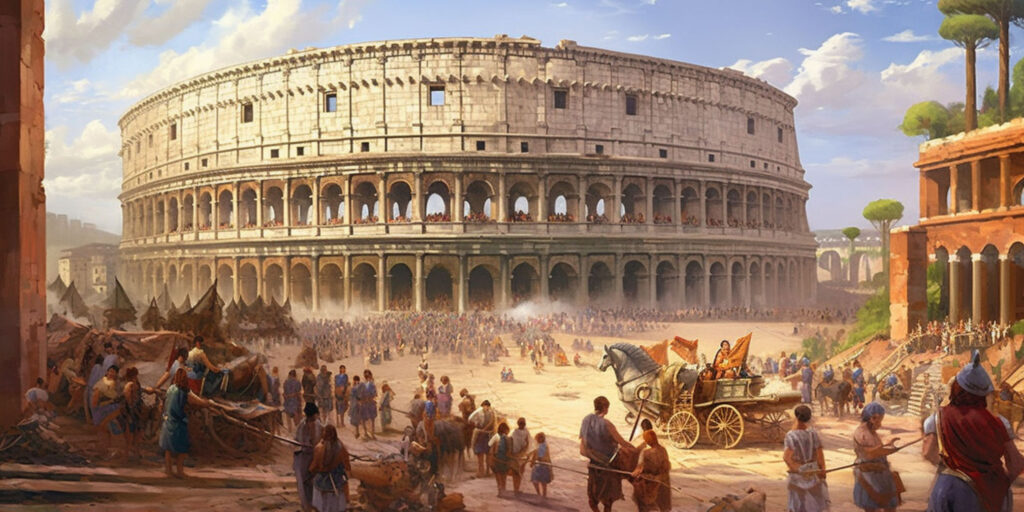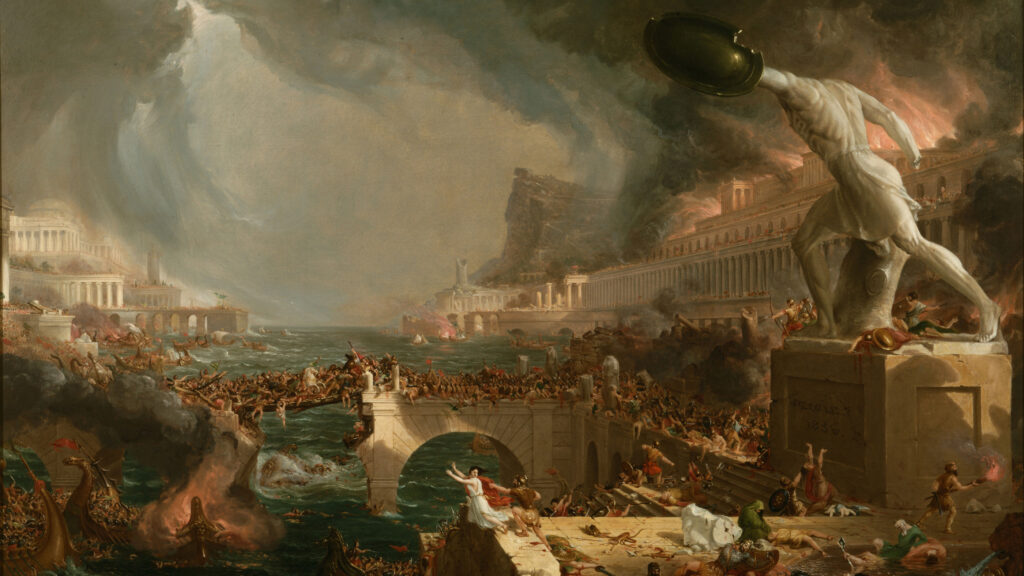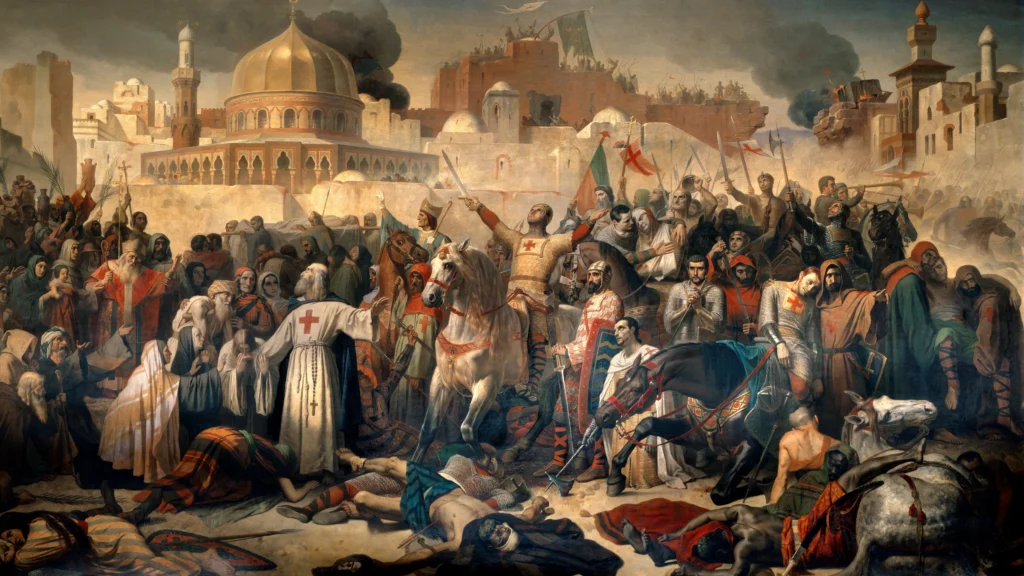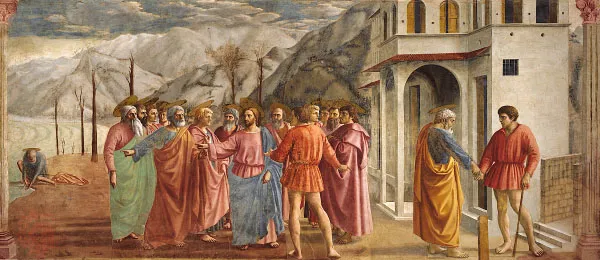

The Renaissance and Exploration: A Comprehensive Overview
Introduction
The Renaissance, spanning roughly from the 14th to the 17th century, was a period of profound cultural, artistic, and intellectual revival in Europe. It marked the transition from the Middle Ages to modernity and laid the groundwork for the Age of Exploration, a time when European powers embarked on extensive overseas voyages. This article provides a detailed exploration of the Renaissance and the subsequent era of exploration, covering their origins, key figures, achievements, and lasting impact.
The Renaissance: Origins and Early Development
The Meaning of the Renaissance
The term “Renaissance” means “rebirth” and reflects the renewed interest in the classical art, literature, and knowledge of ancient Greece and Rome. This period was characterized by significant developments in art, science, politics, and philosophy, leading to a new era of human creativity and innovation.
Origins in Italy
The Renaissance began in Italy, particularly in cities like Florence, Venice, and Rome. Italy’s strategic location, wealth from trade, and a rich legacy of classical antiquity provided the ideal environment for this cultural rebirth. Influential families, such as the Medici in Florence, were patrons of the arts and learning, fueling the Renaissance movement.
Key Figures and Achievements of the Renaissance
Artists and Their Masterpieces
- Leonardo da Vinci: Often considered the quintessential Renaissance man, Leonardo was a painter, sculptor, architect, and scientist. His masterpieces include “The Last Supper” and “Mona Lisa,” which exemplify his mastery of perspective and human anatomy.
- Michelangelo Buonarroti: Renowned for his sculptures “David” and “Pieta,” and his paintings on the ceiling of the Sistine Chapel, Michelangelo’s work embodies the Renaissance ideals of beauty and humanism.
- Raphael Sanzio: Known for his harmonious and balanced compositions, Raphael’s works, such as “The School of Athens,” celebrate the classical spirit of the Renaissance.
Scientists and Thinkers
- Nicolaus Copernicus: A pioneering astronomer, Copernicus proposed the heliocentric model of the solar system, challenging the geocentric model that had dominated for centuries.
- Galileo Galilei: Galileo’s use of the telescope and his observations of celestial bodies provided significant evidence for the heliocentric theory and advanced the scientific method.
- Johannes Gutenberg: The invention of the printing press by Gutenberg around 1440 revolutionized the dissemination of knowledge, making books more accessible and promoting literacy and learning.
Writers and Philosophers
- Dante Alighieri: His epic poem “The Divine Comedy” is considered one of the greatest works of world literature and marks the transition from medieval to Renaissance thought.
- Francesco Petrarch: Often called the “Father of Humanism,” Petrarch’s writings emphasized the value of classical antiquity and the study of humanities.
- Niccolò Machiavelli: His political treatise “The Prince” offered pragmatic advice on ruling and is considered a foundational work in political theory.
The Spread of the Renaissance
Northern Renaissance
The Renaissance spread from Italy to other parts of Europe, including Northern Europe. The Northern Renaissance retained the emphasis on classical learning but also incorporated a greater focus on religious themes. Notable figures include:
- Albrecht Dürer: A German painter and printmaker known for his detailed engravings and woodcuts.
- Erasmus of Rotterdam: A Dutch humanist whose works, such as “In Praise of Folly,” critiqued the Church and called for religious reform.
Renaissance in England
The Renaissance reached England in the late 15th and early 16th centuries, influencing literature and drama. Key figures include:
- William Shakespeare: Widely regarded as the greatest playwright in history, Shakespeare’s works, such as “Hamlet,” “Macbeth,” and “Romeo and Juliet,” explore the human condition and have had a lasting impact on English literature.
- Thomas More: His book “Utopia” presented a vision of an ideal society and critiqued contemporary social and political practices.
The Age of Exploration
Motivations for Exploration
The Renaissance spirit of curiosity and innovation, combined with economic and political factors, spurred the Age of Exploration. Key motivations included:
- Economic Interests: The search for new trade routes to Asia to acquire spices, silk, and other valuable goods.
- Political Ambitions: European powers sought to expand their territories and influence through colonization.
- Technological Advances: Innovations such as the astrolabe, magnetic compass, and improved ship designs (like the caravel) made long sea voyages feasible.
Key Explorers and Their Voyages
- Christopher Columbus: Sponsored by Spain, Columbus’s 1492 voyage led to the discovery of the New World, although he believed he had reached Asia.
- Vasco da Gama: A Portuguese explorer who found a sea route to India by sailing around the Cape of Good Hope in 1498, opening direct trade between Europe and Asia.
- Ferdinand Magellan: His expedition (1519-1522) was the first to circumnavigate the globe, proving the Earth’s roundness and the vastness of the Pacific Ocean.
- Hernán Cortés and Francisco Pizarro: Spanish conquistadors who conquered the Aztec and Inca Empires, respectively, bringing vast wealth and new territories to Spain.
Impact of Exploration
The Age of Exploration had profound and lasting effects on the world:
- Economic Impact: The influx of precious metals and new trade routes transformed European economies and led to the rise of mercantilism.
- Cultural Exchange: The Columbian Exchange resulted in the transfer of plants, animals, and diseases between the Old and New Worlds, dramatically affecting societies on both sides.
- Colonialism: European powers established colonies in the Americas, Africa, and Asia, leading to the exploitation of indigenous peoples and resources.
The Legacy of the Renaissance and Exploration
Artistic and Intellectual Legacy
The Renaissance and Age of Exploration left an enduring legacy in art, science, and thought:
- Humanism: The focus on human potential and achievements influenced education, literature, and philosophy.
- Scientific Method: The emphasis on observation, experimentation, and evidence laid the groundwork for modern science.
- Global Awareness: Exploration expanded the geographical knowledge of the world and fostered a more interconnected global community.
Socio-Economic Changes
The Renaissance and Exploration brought significant socio-economic changes:
- Urbanization: The growth of trade and commerce led to the expansion of cities and the rise of a merchant class.
- Economic Shifts: The influx of wealth from the New World and new trade routes shifted economic power from the Mediterranean to the Atlantic nations, particularly Spain, Portugal, the Netherlands, and England.
Cultural Exchange and Conflict
The interaction between Europe and other continents during the Age of Exploration resulted in both cultural exchange and conflict:
- Cultural Exchange: The introduction of new crops (such as potatoes, tomatoes, and maize) and technologies benefited societies worldwide.
- Conflict and Colonization: The colonization of the Americas and parts of Africa and Asia led to the subjugation and suffering of indigenous populations, with lasting impacts on global demographics and cultures.
Conclusion
The Renaissance and the Age of Exploration were pivotal periods that reshaped the course of history. The Renaissance, with its revival of classical learning and emphasis on human potential, laid the intellectual groundwork for the modern world. The Age of Exploration expanded geographical knowledge, facilitated cultural exchange, and transformed global economies. The legacy of these transformative eras continues to influence contemporary art, science, politics, and global relationships.
